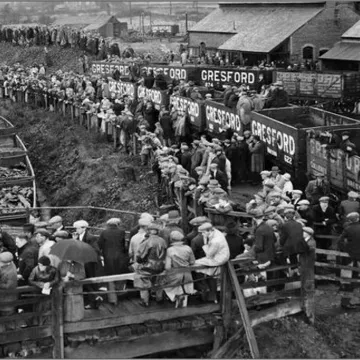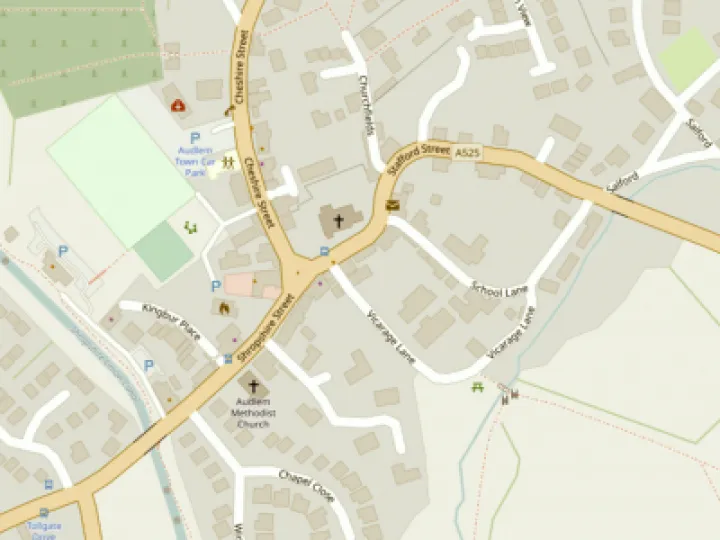Birthday quote06 Sep 2017 6:06am: Webteam








John Dalton
John Dalton FRS was an English chemist, physicist, and meteorologist who is best known for proposing the modern atomic theory, and for his research into colour blindness.
John Dalton was born into a Quaker family and he began to earn his living at the age of ten in the service of a wealthy local Quaker. It is said he began teaching at a local school at age 12, and became proficient in Latin at age 14.
When he was 15, Dalton joined his brother in running a school in Kendal. He acquired much scientific knowledge from John Gough, a blind philosopher who was gifted in the sciences and arts. In 1787, aged 21, he began his meteorological diary in which, during the succeeding 57 years, he entered more than 200,000 observations. At the age of 27 he was appointed teacher of mathematics and natural philosophy at the "New College" in Manchester.
In 1794, after his arrival in Manchester, Dalton was elected a member of the Manchester Literary and Philosophical Society, and a few weeks later he communicated his first paper on "Extraordinary facts relating to the vision of colours", in which he suggested that shortage in colour perception was caused by discoloration of the liquid medium of the eyeball. As both he and his brother were colour blind, he recognised that the condition must be hereditary. Although Dalton's theory lost credence in his lifetime, the thorough and methodical nature of his research into his visual problem was so broadly recognised that Daltonism became a common term for colour blindness.
The most important of all Dalton's investigations are concerned with the atomic theory in chemistry. While his name is inseparably associated with this theory, the origin of Dalton's atomic theory is not fully understood. The main points of Dalton's atomic theory are:
- Elements are made of extremely small particles called atoms.
- Atoms of a given element are identical in size, mass, and other properties
- Atoms cannot be subdivided, created, or destroyed.
- Atoms of different elements combine in simple whole-number ratios to form chemical compounds.
- In chemical reactions, atoms are combined, separated, or rearranged.
Dalton suffered a minor stroke in 1837, and a second in 1838 left him with a speech impairment. In May 1844 he had another stroke; on 26 July 1844 he recorded with trembling hand his last meteorological observation. On 27 July 1844, in Manchester, Dalton fell from his bed and was found lifeless by his attendant.
Dalton was accorded a civic funeral with full honours. His body lay in state in Manchester Town Hall for four days and more than 40,000 people filed past his coffin. The funeral procession included representatives of the city's major civic, commercial, and scientific bodies.
{Born 6th September 1766 in Eaglesfield, Cumberland, England
Died 27th July 1844 in Manchester, England}
This paper will no doubt be found interesting by those who take an interest in it.
This article is from our news archive. As a result pictures or videos originally associated with it may have been removed and some of the content may no longer be accurate or relevant.
Get In Touch
AudlemOnline is powered by our active community.
Please send us your news and views using the button below:
Email: editor@audlem.org





